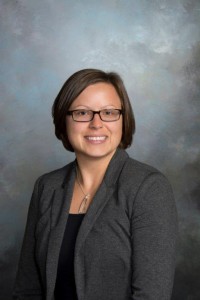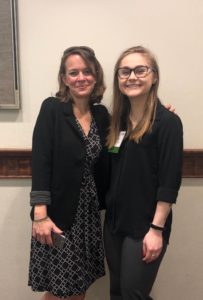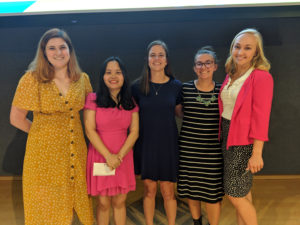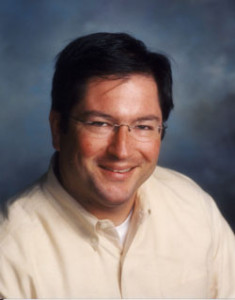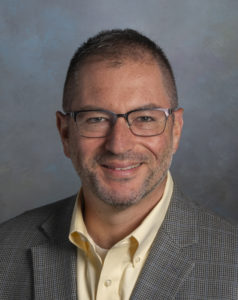
Professor of Psychological Science and Director of Academic Integrity Programs David Rettinger
Professor of Psychological Science David Rettinger was interviewed in USA Today and on Yahoo.com for an article entitled, “Millions of college students use Chegg. Professors say it enables cheating – and possible blackmail.”
Company officials said they’re aware some students use its services to cheat but that Chegg works with universities to try to address the behavior. David Rettinger, a professor at the University of Mary Washington who studies academic dishonesty, said Chegg is notable for its transparency and willingness to work with academic institutions compared with other sites offering similar services. Read more.

